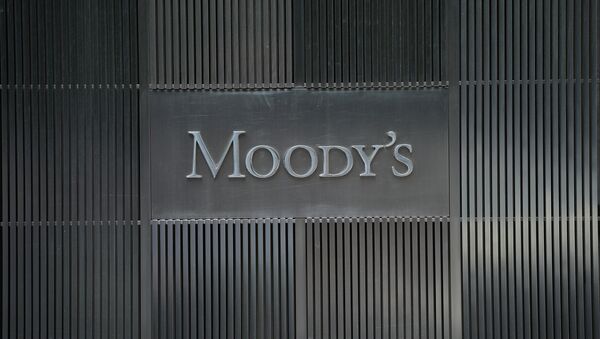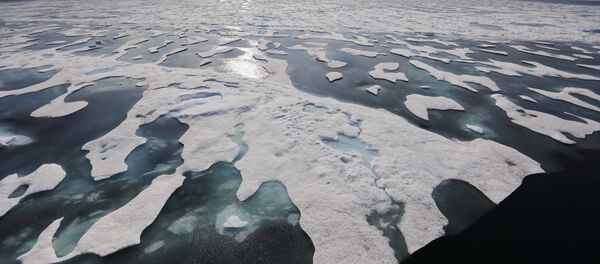"Recent actions on Russia's credit rating — to change to a stable outlook in February 2017 and a positive outlook in January 2018 — reflected effective governance by policy institutions which successfully contained the economic and financial impact of the twin shocks created by the fall in the oil price and the imposition of international sanctions. However, the underlying vulnerability to further external shocks, whether reflecting Russia's ongoing, albeit reduced, exposure to the oil price or still-high geopolitical tensions, slowed a return to investment grade," the agency said in a statement.
"Any additional sanctions are likely to include prohibitions on US and US-domiciled entities from buying, and possibly from holding, local- and foreign-currency government bonds and bonds issued by some state-owned banks and non-financial companies. Further sanctions beyond those cannot be ruled out," the statement added.
However, the agency suggested that the impact of the likely new sanctions against Russia could be negated without causing damage to the country’s credit profile.
"The government's capacity to withstand external shocks including further sanctions has improved since the sovereign rating was downgraded to Ba1 in 2015 … Even were sanctions to be expanded beyond primary auctions or beyond sovereign debt holdings, or in the event of other external shocks such as a further fall in the oil price, the fiscal space available to the government and the buffers in place offer considerable capacity to respond without undermining core strengths of the sovereign's credit profile. The central bank's very large FX reserves offer further latitude to support other sectors should that be needed," Moody’s insisted.
READ MORE: Moody's Upgrades Russia's Debt Rating to Baa3, Changes Outlook to Stable
"Non-resident holdings of Russian sovereign domestic debt have dropped by roughly one-third since April 2018, and roughly two-thirds of remaining non-resident holdings are denominated in rubles. Moreover, with the introduction of the fiscal rule and oil prices above the budget's breakeven price, the budget is currently in surplus so the government's net borrowing needs are in any event very small," the statement explained.
The company also praised the decrease in the vulnerability of the Russian economy from external shocks, giving a positive assessment to the country’s balance sheet and robust external position, which are part of Moscow’s response to western sanctions and the situation on the external markets. It added that the recent changes to the pension legislation "shifts labour force trends in a positive direction and will support fiscal strength over the longer term."
"The central bank's foreign exchange reserves cover 80% of external debt (including direct investment), compared to 57% of external debt in June 2014. Even though capital outflows including net external debt payments rose last year, they were more than covered by the current account surplus, which widened to $115 billion or 7% of GDP, significantly strengthened by higher oil prices and a strong performance from non-oil exports," the agency argued.
Notably, Moody’s hailed Russia’s new fiscal rule, which restricted the amount of oil revenues in budget spending and requires saving the excess amount in foreign currency.
The agency upgraded Russia’s issuer and unsecured senior debt ratings from Ba1 to Baa3 and changed its outlook from positive to stable.
Moody’s followed Fitch and S&P in upgrading Russia’s rating. In August, Fitch maintained Russia's issuer default credit rating at BBB- with a positive outlook, while S&P affirmed Russia’s foreign currency long- and short-term sovereign credit rating at 'BBB-/A-3' with a stable outlook in January.
Russia has been subject to sanctions applied by western country since 2014 when the conflict in Ukraine erupted and Crimea rejoined Russia as a result of a referendum in defiance of the West.







